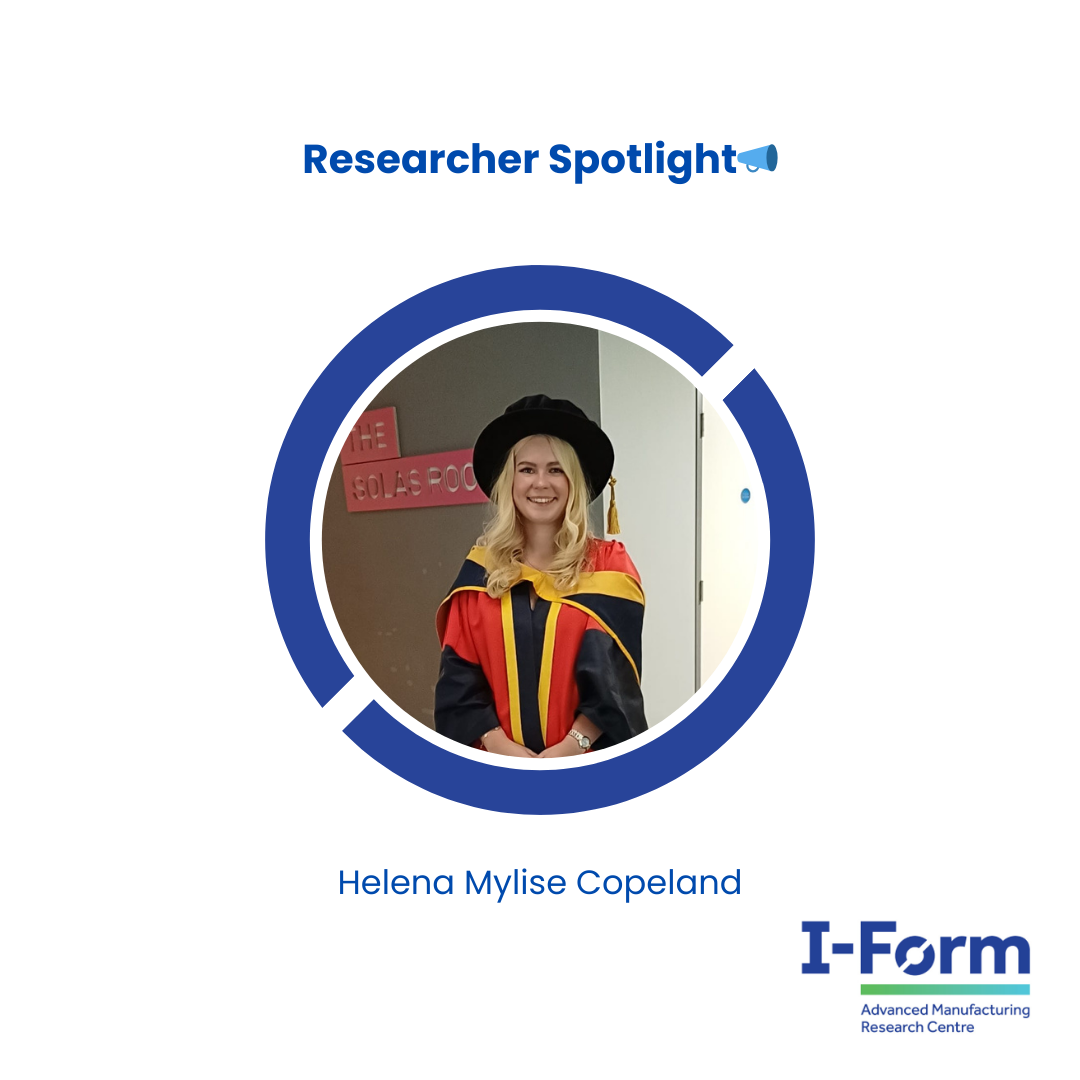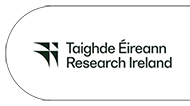Researcher Spotlight: Progressing Bioprocess Optimisation for Functional Foods

Helena Mylise Copeland’s work at the intersection of research and industry collaboration highlights the innovative approach of I-Form. Her research focuses on optimising bioprocesses for producing functional food ingredients, which has the potential to benefit health-focused industries. Through her collaborative efforts and use of advanced technologies, Helena is contributing to the development of scalable, sustainable, and impactful solutions.
Collaborating with Industry for Real-World Impact
A key aspect of Helena’s research has been her partnership with Dairygold, a leading player in the food industry. Together, they have developed processes tailored for the production of high-quality functional food ingredients. This collaboration focused on refining media compositions and bioreactor conditions to achieve improved yields of bioactive compounds.
This partnership with Dairygold paved the way for Helena to integrate practical insights at every stage of process development, ensuring the methods were directly relevant to the needs of the functional food industry. By aligning research outputs with industry requirements, her work not only enhanced outcomes but also created a bridge between academia and real-world applications.
Focus and Scope of Research
Helena’s research is rooted in the optimisation of bioprocesses for producing biomass from the probiotic bacterium Lactobacillus rhamnosus. Using a design of experiments approach, she systematically refines media selection and process parameters to achieve superior yields. These optimised media formulations are then applied in a fed-batch bioreactor setup, monitored and controlled by a custom-developed digital twin.
The digital twin, a virtual representation of the bioreactor, continuously tracks critical process parameters, allowing for real-time adjustments. This sophisticated system ensures that optimal conditions are consistently maintained throughout the production process.
Helena’s aim is to develop a scalable and environmentally friendly bioprocess capable of producing high volumes of probiotics and functional secondary metabolites. The broad applicability of this work across the functional food industry underscores its potential for significant impact.
Addressing Real-World Challenges
The global demand for efficient bioprocesses in the production of healthy and functional food ingredients is ever-growing. Helena’s research addresses this challenge by driving improvements in media formulation, bioreactor performance, and precision control mechanisms.
Using advanced digital technologies such as process modelling and digital twins, Helena ensures a more finely tuned and efficient bioprocess. This approach not only delivers consistent high-quality outputs but also supports scalability and sustainability, meeting both industry and environmental goals.
Her contributions are helping to improve production methods, making functional foods more accessible and supporting their role in promoting healthier lifestyles.

